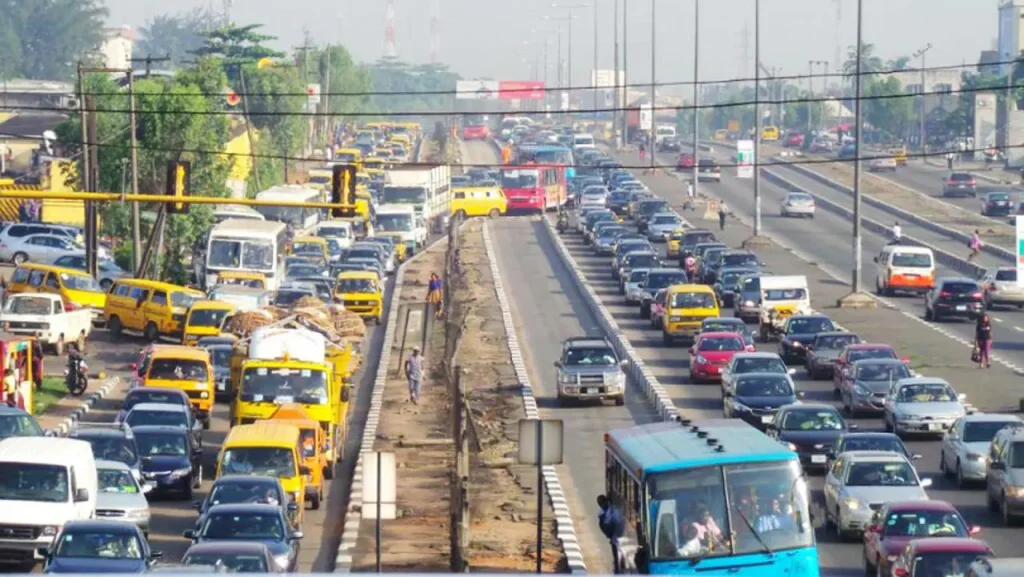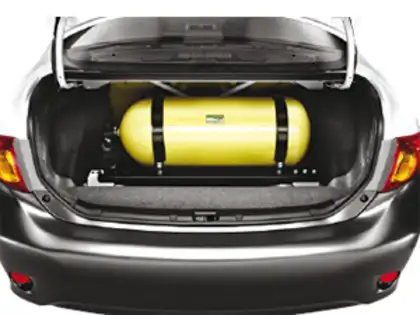The Minister of Works, David Umahi, has revealed that the government is in need of $35 billion to commence the construction of concrete roads across the country. This disclosure was made during a meeting with the Minister of Steel Development, Shuaib Audu, at the ministry’s headquarters in Abuja.
Highlighting the crucial need for coordination and cooperation in executing the Federal Government’s action plans for national development, the Chief Press Secretary to the minister, Orji Uchenna, emphasized the significance of the meeting.
Umahi further indicated that the revitalization of the Ajaokuta steel company would contribute 16 per cent of the steel material and 30 per cent of the cement required for constructing Nigeria’s roads with concrete pavement.
Addressing the strategy for funding, Umahi stated, “We need about $35 billion to start. If we start waiting for FG, it might become difficult. We analyzed the Return on Investment and the profit we could have made; part of it will go to bank interest. We are considering a commercial bank partnership, but the Federal Executive Council has to endorse it. If this could be done, it means Mr. President is living up to his words, and this will be possible.”
It is clear that the Minister’s call for a commercial bank partnership and the endorsement by the Federal Executive Council underscores the determination to delve into innovative funding solutions, moving beyond traditional government allocations. This not only showcases the commitment to infrastructural development but also presents a pragmatic approach to addressing the funding challenges.
With this ambitious endeavour on the horizon, the impact of a comprehensive road network on national development cannot be overstated. The initiation of concrete road projects holds the promise of not only enhancing transportation and connectivity but also stimulating economic growth and employment opportunities across the nation.
As the intricate web of national development unfolds, the potential partnerships and funding mechanisms being explored are pivotal in sculpting a pathway toward sustainable progress. The convergence of technological innovation, strategic partnerships, and governmental endorsement epitomizes the evolutionary landscape of infrastructural development in Nigeria.



